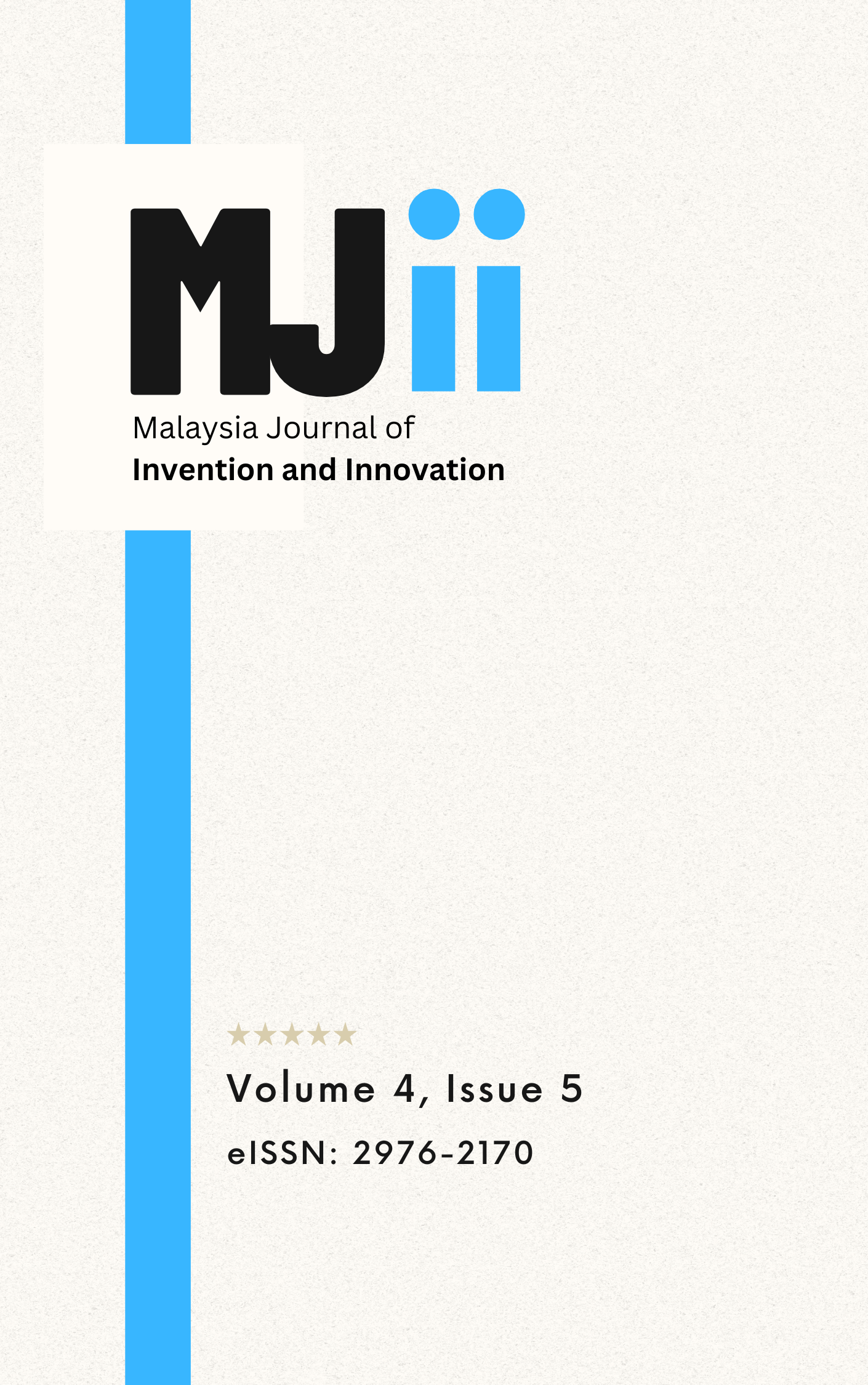The Effects of Watching Children's Animated Cartoons on the Aggressive and Prosocial Behavior of Primary School Pupils
DOI:
https://doi.org/10.64382/mjii.v4i5.123Abstract
Cartoons have long been a beloved source of entertainment for children, yet concerns about their influence on children's behavioral development are increasingly coming to light. This study investigated the impact of exposure to selected animated cartoons on the aggressive and prosocial behaviors of primary school children. Using a quasi-experimental design, a treatment group (exposed to animated cartoons) was compared to a control group (watching documentaries). Data analysis using the Wilcoxon signed-rank test revealed significant reductions in both physical and verbal aggression among children in the treatment group, accompanied by significant increases in prosocial helping and sharing behaviors. In contrast, the control group showed no significant changes in any of these behaviors. These findings align with Bandura's social learning theory, supporting the role of observational learning and imitation in shaping children's behaviour. The results suggest the potential for utilizing thoughtfully designed animated media as an intervention to promote prosocial behaviour and mitigate aggression in children. Further research should explore the long-term impact of such media exposure, delve into the mechanisms underlying imitation, and investigate the influence of individual and contextual factors on behavioral responses.
Downloads
Published
Issue
Section
License
Copyright (c) 2025 Gonisha Ong Mei Ling, Muhamad Syawal Bin Amran

This work is licensed under a Creative Commons Attribution 4.0 International License.
The authors of MJII retain copyright to the content of the articles.
The content is published under the Creative Commons Attribution (CC BY) 4.0 which allows content to be copied, adapted, displayed, distributed, republished, or otherwise re-used for any purpose, including for adaptation and commercial use provided the content is attributed without any restriction.
Authors Rights
The Journal grants you the following non-exclusive rights, subject to giving propoer acknowledgement to the original journal. The authors may:
(i) to reprint or reproduce the contribution, in whole or in part, in any publication of your interest.
(ii) to use material for teaching purposes; including availability of the matarial in academic course.
(iii) to post a copy of the contribution on your personal or institutional web server, provided that the server is non-commercial and there are no charges for access, and
(iv) to deposit a copy of the contribution in a non-commercial data repository maintained by an institution of which you are a member.
Author's Agreement
Author(s) guarantee the journal the following:
(i) that the contribution is their original work;
(ii) that it contains, no matter what, content that is defamatory or is otherwise unlawful or which invades rights of privacy or publicity or infringes any proprietary rights (including copyright);
(iii) that the contribution has not been published elsewhere in whole or in part and that no agreement to publish is outstanding other than this agreement. Author(s) agree to be responsible and hold the journal, its editors, staff and affiliate organizations harmless against any claims arising from or related to the breach or inaccuracy of any of the guarantees listed above.
Disclaimer
The editorial team of the MJII and the publication team of Academica Press Solutions share no responsibility regarding the views and opinions expressed by the authors.
The content published in MJII is Open Access and can be shared, adapted, reproduced, reprinted, after appropriate acknowledgment and giving due credit to the author(s) work.


